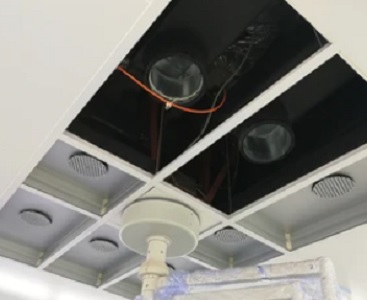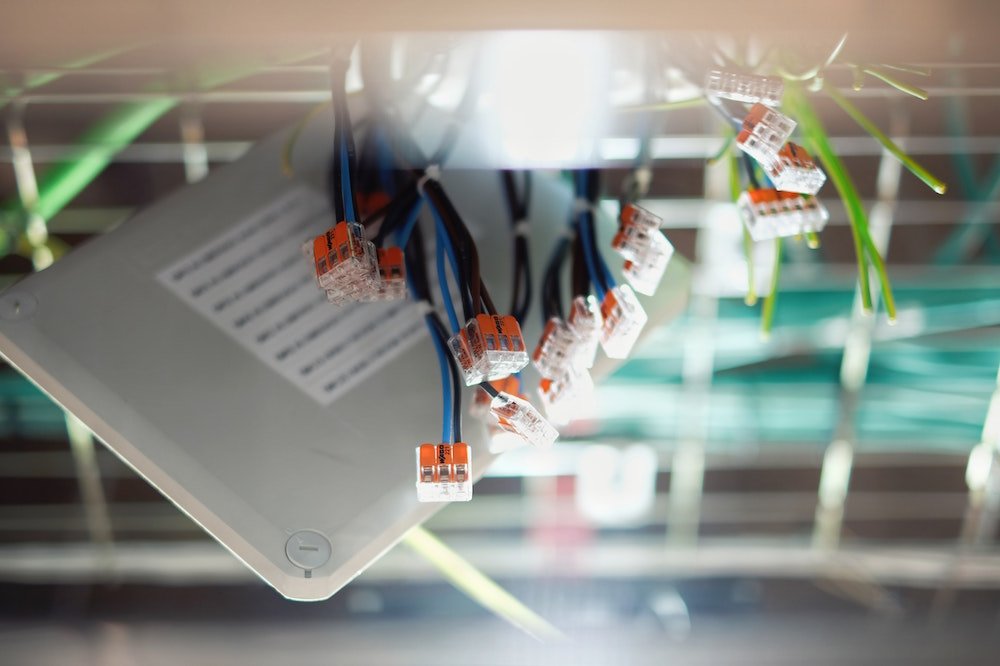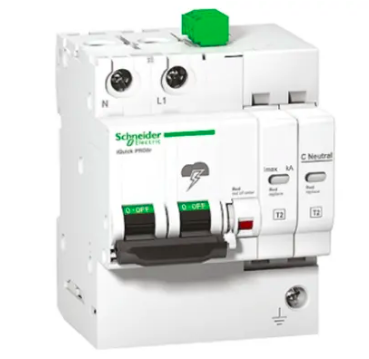Oftentimes, particles, mould and microorganisms find themselves in the air. If you work at a manufacturing facility, the fumes and raw materials greatly affect indoor air quality. As a health concern, you need to install HEPA filtration.
High efficiency particulate air (HEPA) filtration system helps remove particles, pollen, dust, mould, fungi, and spores. These systems can even capture viruses in the air. The HEPA system is highly effective, with a 99.97% efficiency rating in trapping pollutants and different microorganisms down to 0.3 microns in size.
Traditionally, HEPA systems have been common in hospitals and food production firms. However, there is an increase in organisations and residential owners installing HEPA systems. If you already have an air-conditioning system, you should consider adding a HEPA system. It is a completely separate system which helps to improve the air quality.
Since HEPA improves filtration efficiency, there may be challenges of airflow depending on the premises, especially in residential homes. The thought of having a large-sized HEPA filter may be very tempting at this time. However, it is not a wise thing to do. You should contact an HVAC expert for professional advice for airflow assessment.
There is a surge in HEPA filtration systems in many places due to the need to remain safe from viruses. Note that these systems do not capture viruses like the COVID-19 particles. The reason is that those particles are less than 0.06 microns.
Advantages of HEPA Filtration Installation
a. Removes viruses, bacteria and other microorganisms from indoor air.
b. Removes dust other harmful particles from the air.
c. Filters out bio-aerosols and fumes from the air.
d. Particles that are trapped cannot escape due to sealed bypass designs.
e. It helps to remove pollens and other allergens from the air.
Disadvantage of HEPA Filters
a. The only drawback is restricted airflow if you do not do your due diligence. Restricted airflow leads to strain in the system leading to high utility bills or total damage to the entire HVAC system.
Maintenance of a HEPA Filter
Most filters are fitted with a pre-filter that traps dust. Cleaning the pre-filter is straightforward. However, be sure to check if it is labelled washable or permanent. If it lacks such a label, you should not attempt to wash it.
You may use water or a vacuum to remove the dust particles. However, we recommend that you contact a professional to avoid inhaling dust particles or damaging the filter. Regular cleaning helps increase the lifespan of the HVAC system.
Repairs
The HEPA filtration system is prone to wear and tear. Consequently, it is possible for the system to breakdown. At this point, you require to call in a professional to your aid.
Replacement
The lifespan of this filtration system is about two to three years. When the system can no longer get additional repairs, it is time to obtain another. Find an HVAC expert from CLF Services if you are suspicious that your system is no longer working.
Features of a Good HEPA System
• It has multiple fan speeds to help reduce the noise level or control pollution.
• Ease of mobility
• Remote control and ability to use phone control.
• Service indicators that show real-time updates of air quality.
Conclusion
In order to achieve high standards of air quality in commercial and private spaces, CLF Services offers expert services to help individuals remain safe and lower the cost of having good air quality. Get in touch with our excellent team, and we will be glad to be of help.













